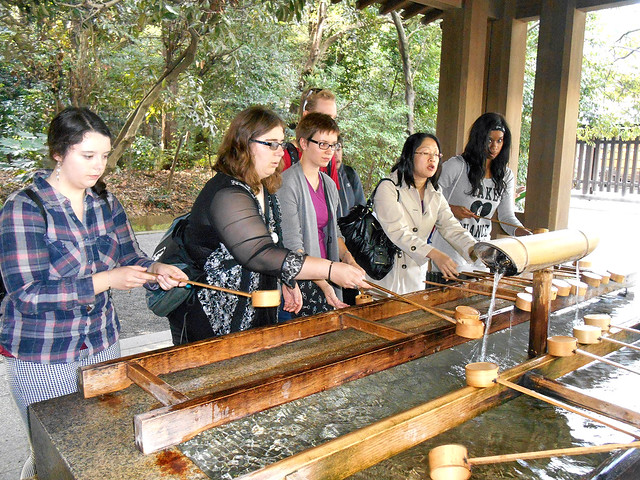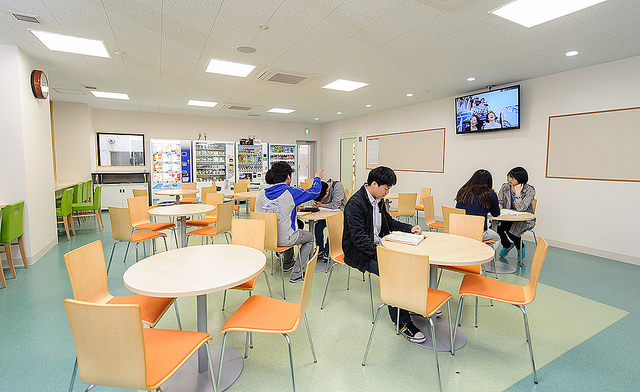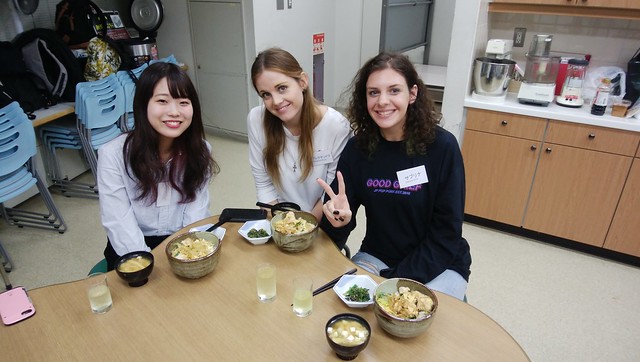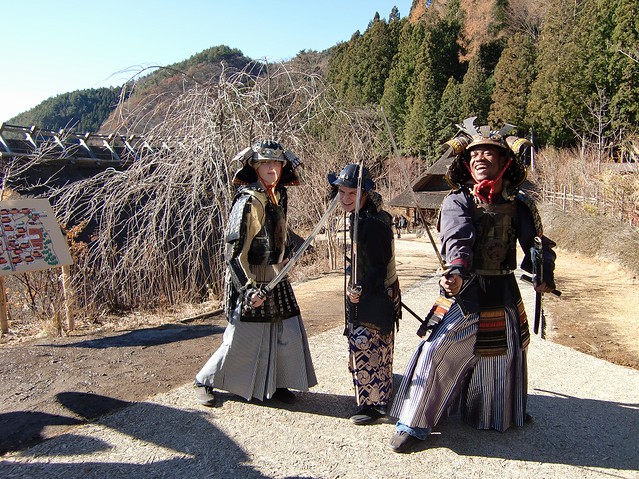
Cultural Variations in Japanese Classrooms
Every country has its own cultural norms, including Japan. Japanese etiquette and manners are a large part of Japanese society. When preparing to study abroad, whether in Japan or any other country, it would be appropriate to get to know the proper etiquette in the classroom. Sometimes what may be normal behavior to you will be perceived as rude in the country you’re in.
Check out some cultural differences in the classrooms of Japan:
Understanding the teacher’s role

The social standing of a person has a big impact on the forms in language one uses when addressing someone. In a school’s social hierarchy, “teachers” hold a higher ranking than students but are below the principal. This means that teachers must be especially polite when speaking to the principal and other superiors, but they may speak more informally with students. This may seem familiar in some cases but it is very much more regimented in Japan. That is why official business titles are very important because it gives a clear-cut standing on where a person belongs in the totem pole.
Appearance matters
T o Japanese, maintaining appearances is very important. This may be seen in the extra care and effort given in the packaging of products from Japan. Gift giving, omiyage or meibutsu, is also a big factor in Japanese culture. The simplest gifts are beautifully wrapped. This also goes for personal appearance. All manners of social behavior can be in some way or another, an attempt to maintain a good appearance.
o Japanese, maintaining appearances is very important. This may be seen in the extra care and effort given in the packaging of products from Japan. Gift giving, omiyage or meibutsu, is also a big factor in Japanese culture. The simplest gifts are beautifully wrapped. This also goes for personal appearance. All manners of social behavior can be in some way or another, an attempt to maintain a good appearance.
In the matter of dressing, even if Japan is known for its cosplay in Harajuku, most Japanese are still quite conservative with clothing. Many observe the proper attire for a certain age and place. Skimpy clothing, garish make-up, tattoos and body piercings may not be considered appropriate in a school setting.
Setting boundaries

Honne (private) and tatemae (public) are Japanese words that are used to describe the difference between a person’s true feelings from what he’s really thinking. A person’s opinions or private thoughts (hone) may go against what is considered accepted social norms or the general opinion and are often kept private. Tatemae is what is expected by society based on one’s position and circumstance.
Check out more KCP student activities visit our Flickr page here.
